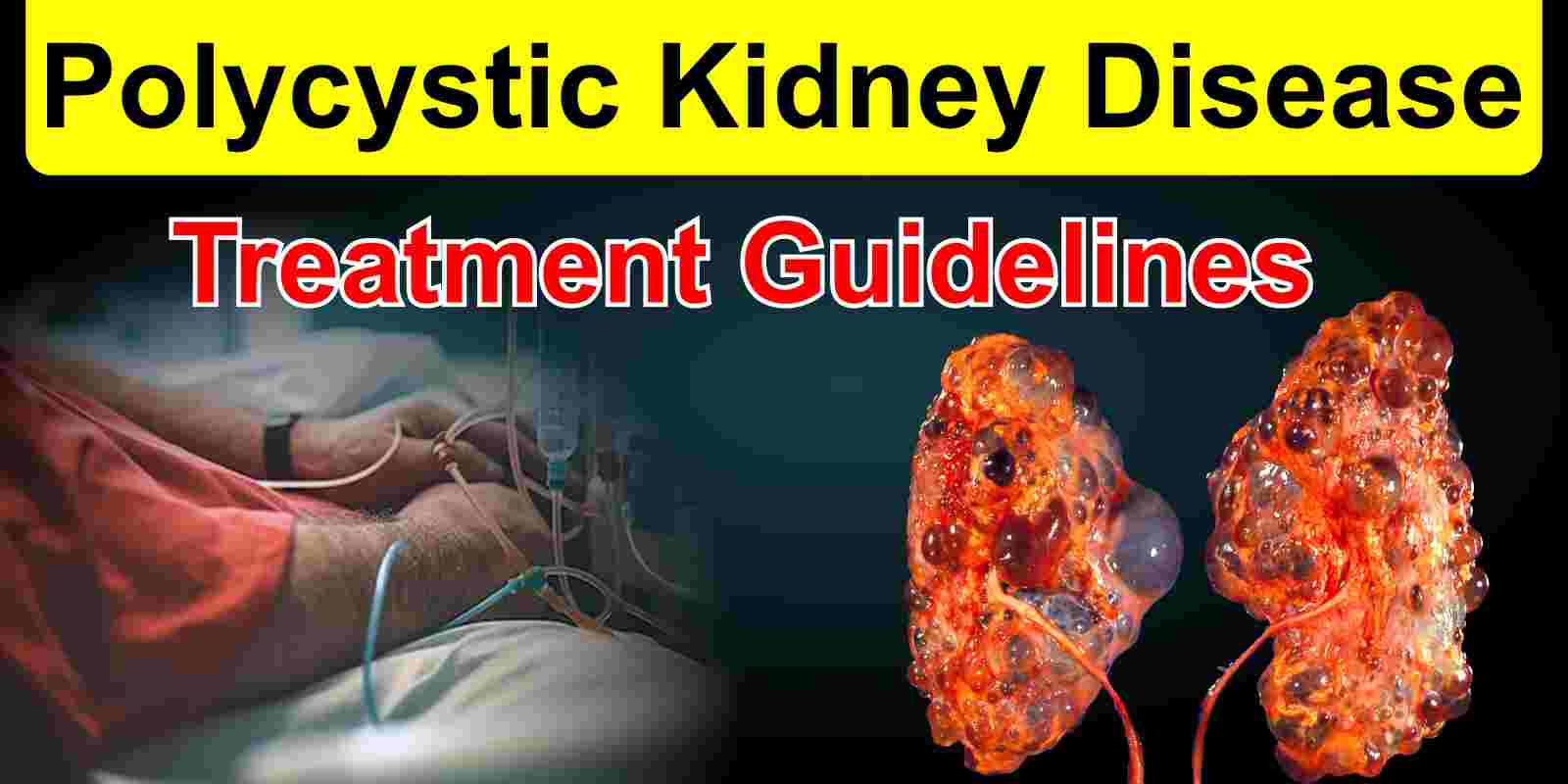
Polycystic kidney disease (PKD) is an inherited disorder (i.e., you inherit it from your parents). PKD refers to a condition in which clusters of cysts develop either inside or outside (of) the kidneys. Your kidneys become enlarged because of these clusters, which hampers the normal functioning of kidneys. Cysts are benign, round, fluid-filled sac-like structures that can vary in size. Polycystic kidney disease treatment aims to intervene in the early stages of the disease; however, it seeks to nip the disease in the bud itself. Polycystic kidney disease treatment in Ayurveda may include various herbs, therapeutic procedures, lifestyle modifications, etc. Although these methods are not universally accepted, they provide alternative approaches to managing PKD effectively.
Polycystic kidney disease (commonly referred to as PKD) is a condition characterized by abnormal cyst growth in the kidneys. These cysts, which are liquid-filled sacs, can hinder the normal functioning of the kidneys, especially when present in excessive numbers. At advanced stages, PKD cysts possess an uncanny ability to compromise significant portions of the kidney, potentially resulting in fatal outcomes. The treatment for polycystic kidney disease primarily aims to control cyst growth and alleviate the symptoms experienced by patients.
High blood pressure is frequently observed among individuals with PKD. Furthermore, persistent back or side pain, increased abdominal size, blood in the urine, heightened frequency of bladder or kidney infections and a sensation of 'fluttering' or 'pounding' in the chest represent major symptoms associated with this condition. If you have endured high blood pressure over an extended period, it is advisable to consult a doctor; persistent hypertension adversely affects the overall functioning of your kidneys.
PKD is an inherited disorder and this inheritance manifests in two distinct types:
If only one parent possesses PKD and transmits his/her abnormal genes to the offspring, this constitutes a case of dominant inheritance. In such instances, each offspring has a 50% likelihood of inheriting PKD.
Recessive inheritance, however, presents a different scenario, wherein both parents carry the abnormal genes and pass it to their offspring. Consequently, each child has a 25% chance of inheriting PKD in this context.
PKD can lead to fatal consequences such as:
You might also observe symptoms of liver failure and cardiovascular issues due to PKD in certain patients.
Ayurvedic treatment for polycystic kidney disease has gained considerable attention because of its comprehensive approach and treatment method that often entails minimal side effects. The judicious application of Ayurvedic medicines, therapies and lifestyle changes can effectively tackle the complexities of PKD. Some major Ayurvedic drugs for PKD treatment are:
PKD, an inherited disorder, can be treated successfully if the symptoms are identified early and treatment begins promptly. Treatment options for PKD include clinical approaches and ayurvedic solutions for polycystic kidney dysfunction. If you suffer from PKD, start early so that your disease can be cured completely; however, this requires diligence.
Ans. Containing the growth of the cysts usually is favored by the doctors in the first line treatment..
Ans. No, there is currently no cure, but progression can be managed.
Ans. Yes, a low-sodium, kidney-friendly diet and healthy lifestyle help slow progression.
Ans. Blood pressure medicines like ACE inhibitors are used to slow down the progression of the cysts.
Ans. When kidneys reach end-stage failure, usually in advanced PKD.
Ans. Yes, some Ayurvedic herbs and therapies aim to support kidney function and slow progression.
Ans. Yes, imaging tests can detect it early, and early management helps delay complications.
Ans. Guidelines emphasize early use of medications, BP control, lifestyle changes, and regular monitoring.
"Ayurveda is not just a system of medicine; it's a way of life. Connect with us to embrace a lifestyle that nurtures your body, mind, and soul."

Certificate no- AH-2023-0186
JAN 05,2023-JAN 04,2026